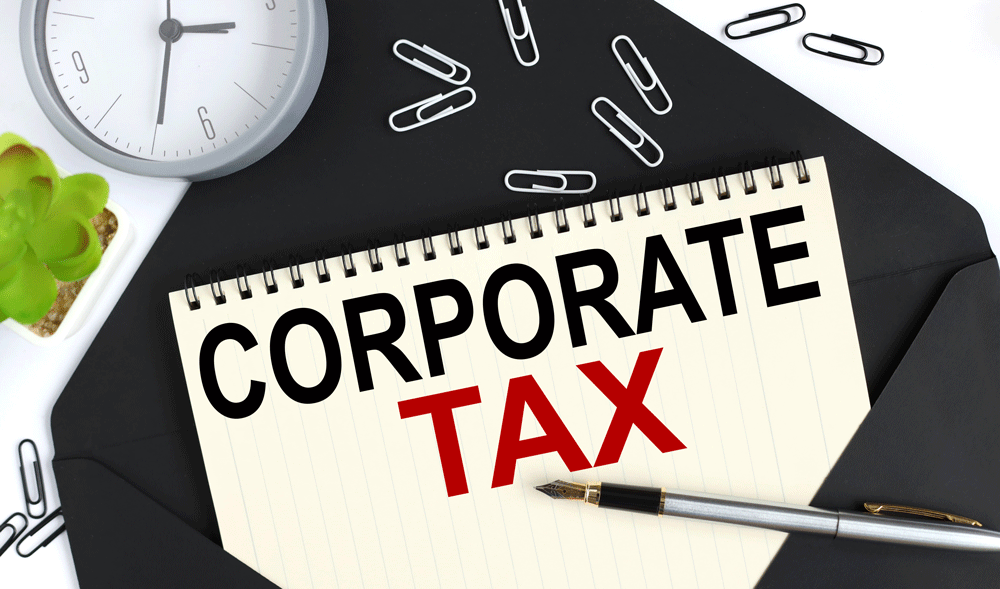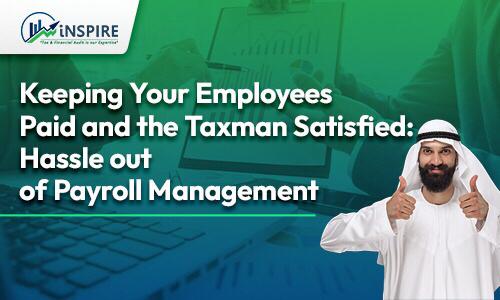
Navigating Corporate Tax in the UAE: A 2024 Comprehensive Guide
Explore the intricacies of corporate tax in the UAE with our comprehensive 2024 guide. Gain insights into regulations, exemptions, and the impact on businesses. Stay informed for strategic financial decision-making.
On March 10, 2022, the Ministry of Finance (MoF) in the United Arab Emirates (UAE) officially announced the introduction of a new tax system, "The Corporate Tax in UAE," to diversify the country's sources of revenue and reinforce its position as a global business hub.
The corporate tax was implemented on June 3, 2023, and applies a 9% tax rate to all taxable individuals or businesses in the UAE with an annual profit exceeding 375,000 Dhs.
For UAE business owners, it is prudent to gain a comprehensive understanding of the UAE tax framework.
This blog post will guide compliance with UAE corporate tax. If you are seeking a reliable business advisory service for assistance with company setup in the UAE and related tax services, feel free to schedule a free consultation with our experts.
What is Corporate Tax?
Corporate Tax (CT), also referred to as Corporate Income Tax, is a direct tax levied on the annual net profit of businesses or taxable individuals.
According to the UAE Federal Tax Authority (FTA), all businesses and taxable individuals in the UAE are required to pay a 9% corporate tax rate if their annual net profits exceed 375,000 Dhs.
Examples of businesses subject to corporate income tax in the UAE
Include those involved in banking activities, companies with a trade license in the UAE engaged in investment activities, foreign companies and investors regularly trading in the UAE, and businesses in Real Estate Development and Management, construction, and Brokerage.
Certain entities are exempt from paying the UAE Corporate Tax, including businesses with annual net profits below 375,000 Dhs, charitable organizations, government-controlled entities, personal income derived from bank savings and deposits, and pension and Social Security funds.
While the UAE has historically had low tax rates, the introduction of a 9% corporate tax on profits exceeding 375,000 Dhs has impacted businesses, potentially reducing their net profits.
However, it has also fostered competition in the UAE market as businesses now factor these taxes into their pricing strategies for products and services.
In the case of free zone entities in the UAE, they are generally subject to a 9% tax rate for profits exceeding 375,000 Dhs.
However, if a qualifying free zone entity meets the conditions for De Minimis, earning qualifying income, they can claim the benefits of a 0% tax rate.
For further insights into UAE corporate tax on free zone entities, you can refer to our related blog post.
If you have any queries or uncertainties regarding the implementation of UAE corporate tax, our expert business advisors in Dubai are available to provide the latest information and advice on starting a business in the UAE, accounting, bookkeeping, and all tax compliance matters. To begin, you can schedule a free consultation with us.











